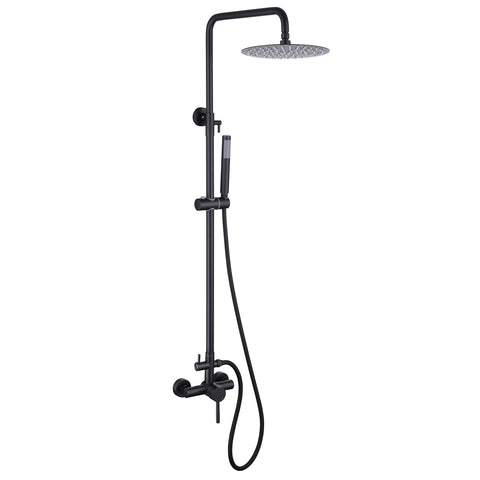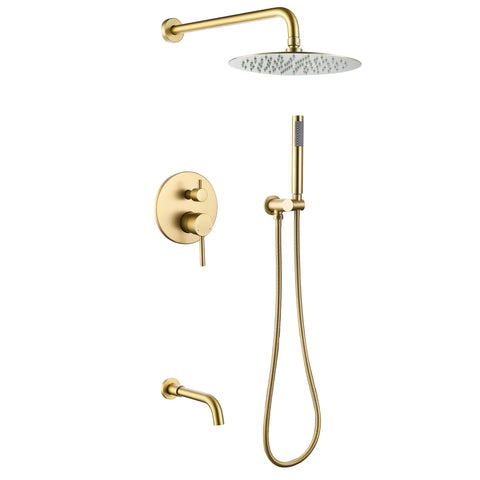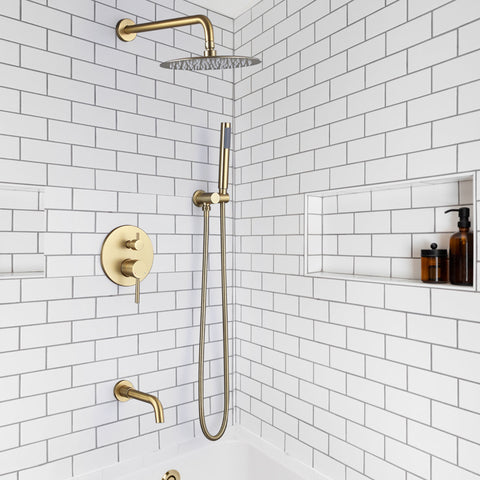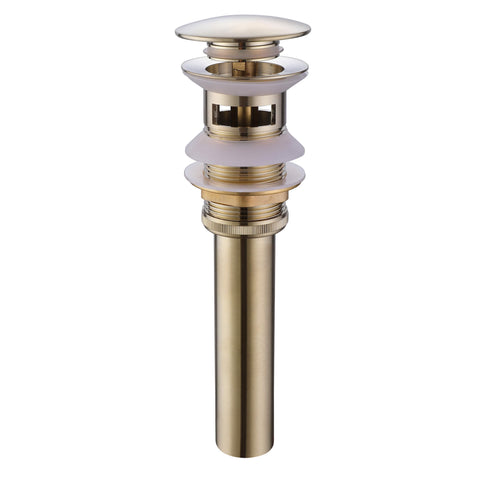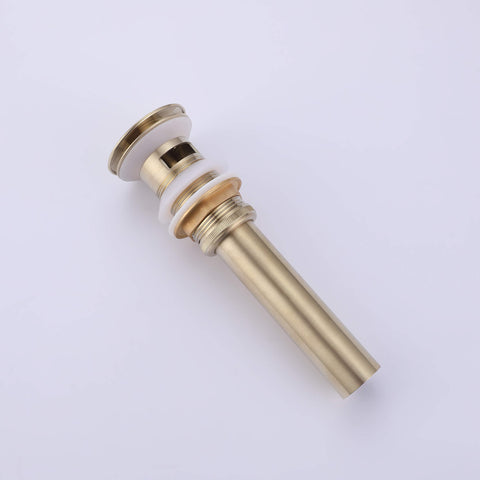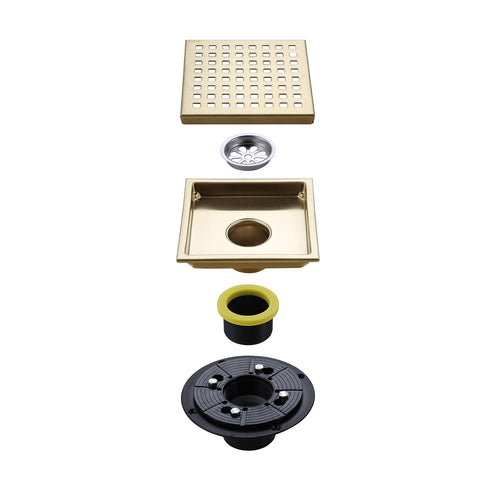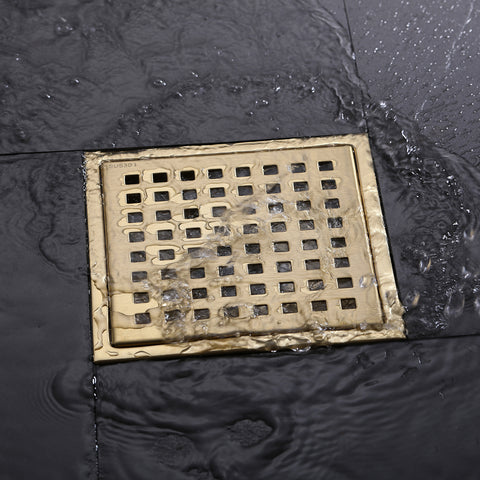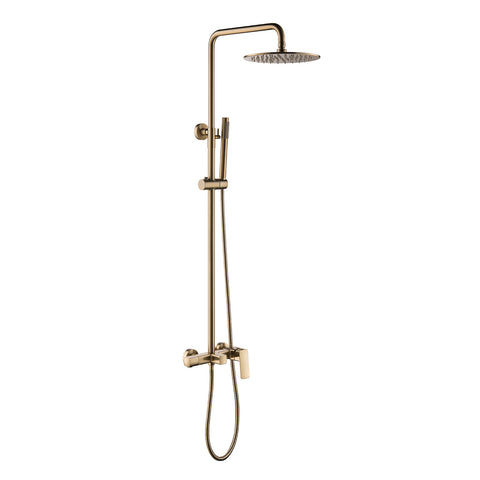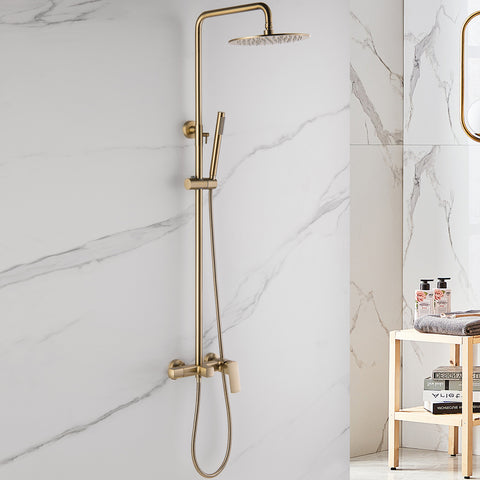How Often Should a Shower System Be Replaced?
The shower system is an essential part of your bathroom, providing you with the ability to control water flow and temperature. Like any household fixture, it can wear out over time. In this guide, we’ll cover the key signs that your shower system may need replacing—and how often you should consider an upgrade.
Signs You Should Replace Your Shower System
1. Leaking Components: Leaks are one of the most common signs of wear. Whether it’s from worn washers, failing valves, or corroded fittings, leaks waste water and increase your utility bills. If persistent, replacement is often more cost-effective than repeated repairs.
2. Low Water Pressure: A noticeable drop in water pressure may indicate a clogged valve or aging internal parts. If cleaning doesn’t resolve the issue, a system replacement ensures better performance and comfort.
3. Outdated Design or Features: If your current setup lacks temperature control, water-saving options, or simply no longer matches your bathroom aesthetic, consider upgrading to a modern system with added functionality and efficiency.
How Often Should You Replace Your Shower System?
On average, a shower system lasts between 10–15 years. This depends on water quality, usage frequency, and maintenance practices.
- If you live in a hard water area, mineral buildup can shorten system lifespan—consider more frequent inspections.
- Have your shower system professionally checked every few years to catch early signs of wear and tear.
- If you're remodeling your bathroom, replacing the shower system is a smart long-term investment even if the current one still works.
Keeping your shower system in top condition ensures safety, performance, and efficiency. Don’t wait for serious damage—if your system is outdated or problematic, consult a licensed plumber and upgrade to a modern RBROHANT shower system for peace of mind.
